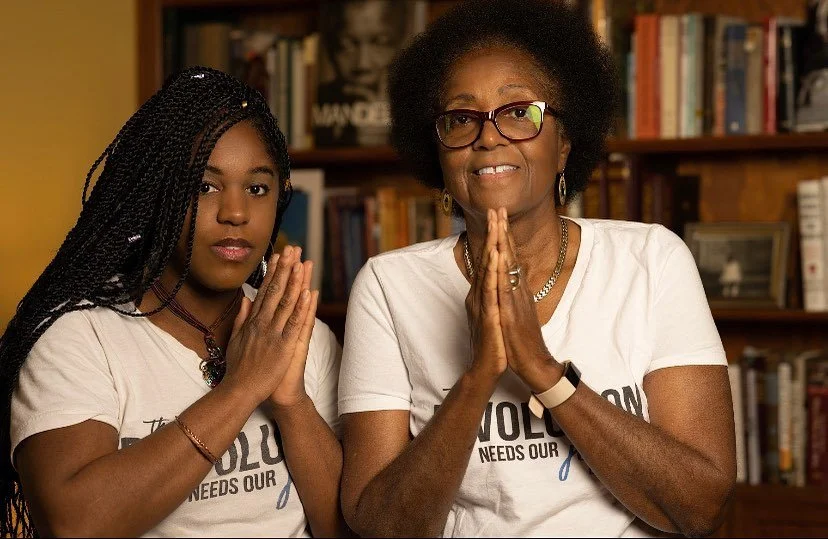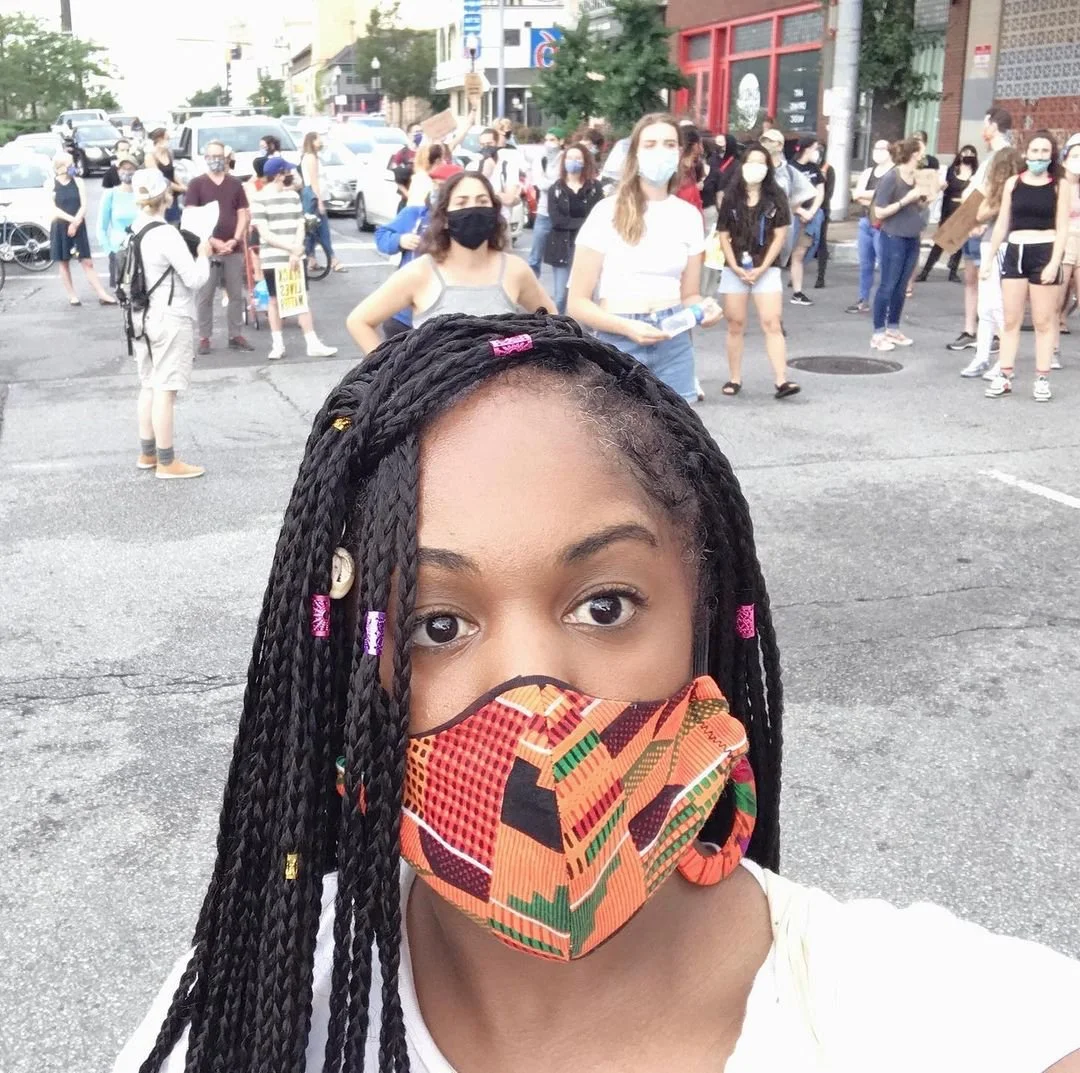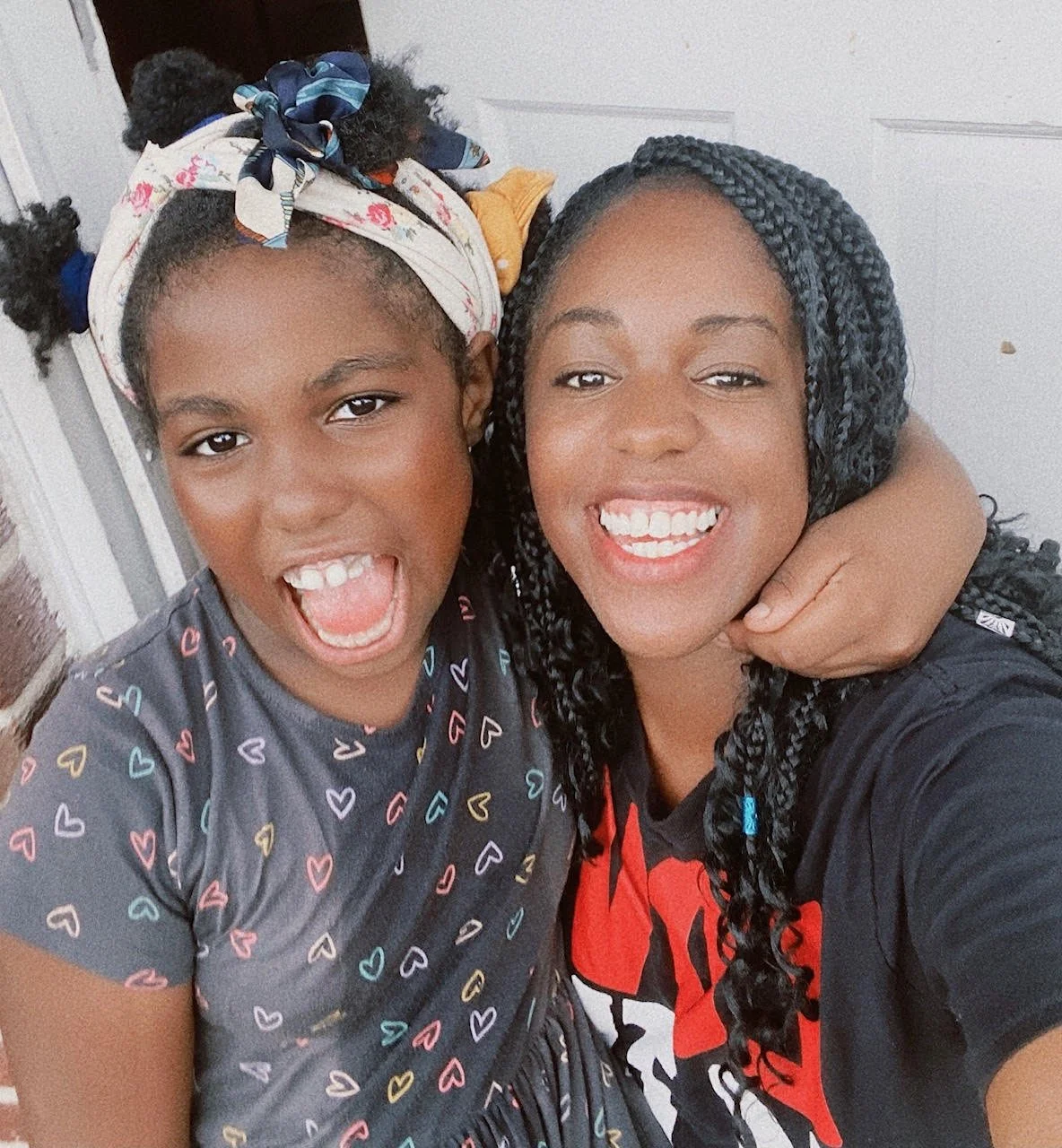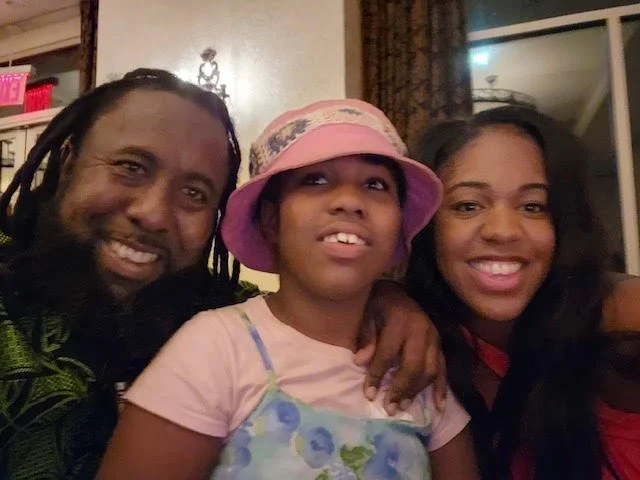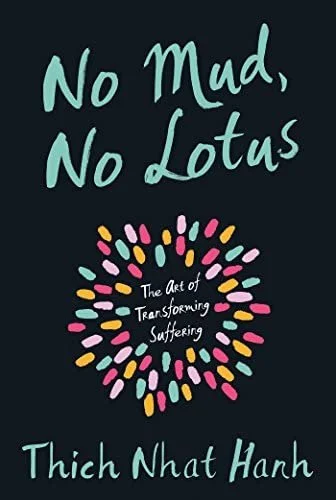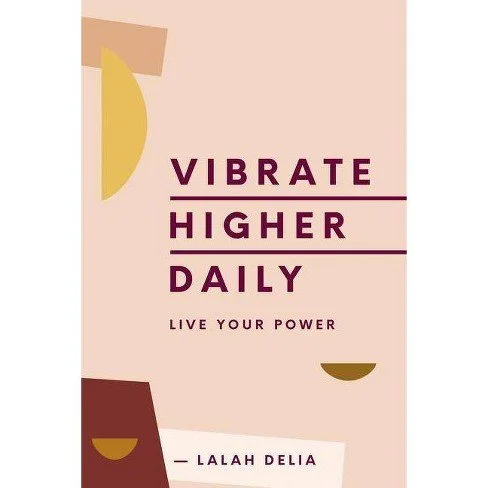Liberation and Purpose: A Discussion with Writer, Podcaster, Founder & Activist, Emelda De Coteau
Spoken Black Girl is honored to sit down with writer, entrepreneur, and podcaster, Emelda De Coteau for some words of wisdom about activism, family, faith, and the creative journey.
SBG: When did you first start writing?
Emelda: Your question makes me smile because it instantly transports me back to a pivotal moment in our 4th grade classroom. I could hardly contain this well of excitement bubbling up after writing my first play, and persuading some friends to perform it in front of the class. They took pity on me, and somehow, we bumbled our way through it.
Who knows if anyone was listening, but that feeling afterward, even as an elementary school kid, about the power of writing, bringing our thoughts and imagination to life for others to receive never left me.
Not long after this in middle school, poems started to spill out (with my first piece, about the wondrous beauty of nature, published in 7th grade) alongside songs, essays, journaling regularly, and beginning in college, writing blog posts, and article publications.
Writing, like the breath, is a sustaining force for me; it is a call to liberation and purpose, a way of connecting to God and the Holy Spirit within my consciousness.
“Writing, like the breath, is a sustaining force for me; it is a call to liberation and purpose, a way of connecting to God and the Holy Spirit within my consciousness. ”
SBG: Were you always called to activism? How did that emerge in your life?
Emelda: As a kid, I loved hearing my Dad, Rudy, talk about growing up in Honduras, climbing trees for fruit, playing with his dog, all surrounded by stretches of sunshine and lucid blue water, but peppered throughout these seemingly ordinary memories were heartbreaking realities: Dad walked everywhere barefoot (except Sundays when the family attended mass), had few clothes, no comfortable bed, and survived traumatic childhood abuse at the hands of his stepfather. I cried as he recounted these experiences; he would comfort me, and say he was alright now.
Emelda and her father, Rudy.
But I knew, even then, living in Baltimore city, struggle can and does shape-shift. I remember saying to my parents over and over in different conversations whenever inequality emerged - “It’s just not fair.” I could not understand how cruelty, trauma, and poverty imprisoned some people, while others remained oblivious.
Dad brought me to activism. No, we did not stand on a picket line together, or scream out against injustice, fists raised the air. But, he taught me, by sharing his story, that one of the most radical things you or I can do is bear witness, listen to the lived experiences of others (not simply consume) because in this way we see what must transform - not simply for one person, but the collective.
These words of insight from Audre Lorde (The Cancer Journals) and Dr. King are guiding mantras for me:
“My silences had not protected me. Your silence will not protect you. But for every real word spoken, for every attempt I had ever made to speak those truths for which I am still seeking, I had made contact with other women while we examined the words to fit a world in which we all believed, bridging our differences.”
“Injustice anywhere is a threat to justice everywhere.”
I ache for a world where our wounds awaken us to compassion not strengthen our resolve to build walls. This is what pushes me to write, speak, protest (whether online or in-person) against all forms of oppression.
SBG: How has your faith impacted your entrepreneurship journey?
Emelda: There is a passage of scripture (Hebrews 11:1) which says “Faith is the substance of things hoped for the evidence of things not seen.” In many ways, this is similar to the entrepreneurial journey: slowly, giving birth to a vision coming forth within the mind.
Most of the time, others do not understand, but we pursue the dream anyway. It is this way of being which supported me as I left what some would call a “secure job” over ten years ago, long before any of the work I am doing today took firm.
Sitting in that office, as everything began to crumble around me, I heard God say: “MOVE, the path will form, just MOVE.” Faith has nourished me on the days when I felt barely able to go on because of depression, anxiety, or the health challenges our family navigates.
I often feel led to certain ideas, creative projects, people, or places / spaces. Faith says build the table, don’t resist progress. You are divinely guided, divinely supported, and divinely loved.
SBG: I love your podcast "Pray with Our Feet"! How did you get the idea for your podcast? What does the name mean? What are you most proud of when it comes to the Pray with Our Feet Podcast and Community?
Emelda: Thank you! For years the lack of folks speaking out against injustice in church spaces has bothered me. There is a prevailing belief that Christians should not “get involved.” Yet throughout the New Testament we meet Jesus flipping tables and speaking out against the religious leaders of his day who placed dogma above a genuine relationship with God.
One day, while doing some reading online, I discovered an article about Rabbi Abraham Joshua Heschel who protested with Dr. King. After returning home from the 1965 Selma to Montgomery voting rights march he was asked, “Did you find time to pray?” he replied, “I prayed with my feet.”
I decided then and there to create the community I imagined, but had not experienced: a space where folks could replenish spiritually, but not tune out the world around us. It’s a blessing to work alongside my Mom, Trudy, on both the podcast and the work of growing our community. Mom is a retired educator (U.S. History and American Government) who modeled before us a life rooted in faith; she taught us to celebrate our history, not hide from it in shame. Mom’s wisdom and spiritual strength powers this movement and our commitment to center Christ. Every day, I am learning from her!
I am most proud of our community, the ways God moves in and through us. We show up for one another, whether with prayer, sharing resources, signing petitions, or standing on picket lines. Last year was one of the most challenging of my life: my oldest brother Rudy, Jr. and Dad, Rudy, passed away; Kes, my husband, needed surgery to remove painful kidney stones. And I cannot begin to tell you how many folks DMed us, sent food, cards, or gifts of comfort (including YOU!).
This is prayer with our feet; love and faith in action. And ultimately, it’s more important than any episode, blog post or devotional I could lift up here. Because this is God’s heart dwelling within and among us.
SBG: How has your cultural heritage as well as your connection to Baltimore impacted the work that you do? Has it drawn you to any issues in particular that you would like to share more about?
Emelda: I come from a people who resisted enslavement and every attempt to diminish their humanity. They defined themselves for themselves and sustained their culture in spite of colonization. I am thinking of both my Afro-indigenous ancestors, the Garifuna people of St. Vincent (later exiled in Honduras and spread into other countries such as Belize), who resisted British and French domination for years, and were “the only black people in the Americas to have preserved their native Afro-Caribbean culture due to the fact that their ancestors were never slaves.”
Being born and raised in Baltimore, a working-class city, widely known for HBO’s The Wire, makes you cognizant of socioeconomic levels - there are invisible and visible lines here, many Baltimores in one city - whether separated by race, class, or other differences.
Because of all these layers within my identity I feel driven to resist exclusion of any kind. I now see how it led me to many of the issues I am drawn to such as anti-racism, ending state violence, speaking up and advocating for Black women and girls (during my time with the Baltimore-based organizing collective, Black Womyn Rising), all while building collective power in the community to spark change.
I believe the multiple intersections of oppression I experience within my identity also drew me to pursue progressive Christianity which sees Jesus as revolutionary, a friend of the poor, an advocate for the least of these (Matthew 25:40).
SBG: Your poetry about motherhood and family resonates so deeply with me. How has motherhood transformed your life?
Emelda: Thank you for sharing those words of affirmation! Motherhood has brought forth an expansion of compassion, wonder, and mindfulness within my spirit. And since my mothering journey is different, every step of progress Nai makes fills this heart with gratitude. There is not a word, good day in school, or moment of play and tender affection I dismiss. I see the Divine in each of these sacred gifts.
I know I have shared quite a few quotes (lol!), but this one from Albert Einstein encapsulates so much of what being a Mom calls me towards: “There are only two ways to live your life. One is as though nothing is a miracle. The other is as though everything is a miracle.”
Nai wakes me up to the realm of the miraculous, even in seasons of challenge and heartbreak. She pushes me towards rebirth, new ways of seeing and inhabiting the world, reliving my childhood anew as I walk alongside her and my heart expands.
SBG: I'm so excited about your new organization "When Motherhood Looks Different." What inspired you to start this organization? What impact do you hope to make?
Emelda: Community is one of my core values, particularly as someone who lives on the margins, at the intersections of race, gender, and class. When I started my motherhood journey, heading to play dates and parks, other new Moms on a similar journey surrounded me.
Around 2, our daughter Nai began experiencing health challenges and learning differences, and the circle shrunk dramatically - instead of Mommy groups (in person), we found ourselves in Facebook parent groups with other exhausted parents seeking help, hope, and a healing path for their children.
And while I am incredibly thankful for these online spaces and organizations, I feel called to start something for that weary Mama on the playground; she is often silently struggling and isolated because her child’s life, and her life, have suddenly shifted.
We live in a culture and world where children are expected to fit into a mold, and differences are rarely valued or celebrated. It is my hope and intention that When Motherhood Looks Different (WMLD) is a space for us to release shame and come into the solace of community through events centering mindfulness and well-being for Moms (a bi-monthly journaling workshop series: Wounds Become Wings, mindfulness coaching, support groups), meetups for Moms and kids, along with the sharing of resources for parents and mindfulness coaching which will be one of our primary services.
Moms can currently connect with us on Instagram through DM and sign up to be notified when we launch this spring!
“Birthing babies doesn’t mean we stop birthing our dreams. ”
SBG: Do you have any advice for other creative moms out there?
Emelda: Birthing babies doesn’t mean we stop birthing our dreams. We have normalized (still in 2023) Moms sacrificing themselves to the point of losing their identities. Our children enhance our lives, and part of caring for them means demonstrating the power of showing up as your full self. Do we adjust? Absolutely, but do not feel as if this means you can not continue to create.
Time management is critical. One of the tools which has become tremendously helpful for me is mapping out the day intentionally so I cultivate space for time with God, myself, family and creative work. I moved away from saying “to do list” (because it makes me feel stressed if I cannot check everything off), and now refer to it as my list of intentions, and give myself time (2-3 days) to work through them.
My therapist, Carmella, shared a tip with me to avoid overwhelm: First, I write out what needs to be done for me (so I show up from a space of inner abundance), then my family, followed by creative work. This practice keeps me centered - especially on hectic days.
Begin your day by pouring into yourself, even if it’s just a few moments of deep breathing and stillness; give yourself space to simply be in your body, mind, and spirit.
SBG: How do you find balance with all of your creative projects? How do you incorporate self-care into your entrepreneurship journey?
As I am now working more with building the foundation of When Motherhood Looks Different, I have returned to a helpful practice for managing multiple projects; I dedicate certain days of the week to Pray with our Feet, my mindfulness coaching training, and When Motherhood Looks Different.
Centering well-being practices or soul care anchors as I like to call them, moves me into an energy of rootedness. Some of my soul care anchors are prayer, mindful walking (5-6 times a week either in the morning or afternoon), meditation, journaling, listening to healing music, and leaning into a guiding mantra.
One of those mantras is “I am worth the creative life I seek.” I remind myself of this regularly, and especially when I am taking a risk, putting myself out there. Believing in our worthiness is a magnet for possibilities and expansion!
SBG: I know you are a voracious reader. What are your top 3 book recommendations for soul care in 2023?
Emelda: Whew! There are so many great reads out there. I will say all of these books I am listing were released a few years back, but their messages are timeless, and I return to them whenever Spirit calls:
No Mud, No Lotus by Thich Nhat Hanh
Our natural inclination is running from suffering, but being with it can become a pathway to transcendence. This book from Thich Nhat Hanh, a beloved teacher for many of us, is our invitation.
https://plumvillage.org/books/no-mud-no-lotus/
Vibrate Higher: Live your Power by Lalah Delia
It’s a beautiful offering reminding us to make space for growth, purpose, and alignment in all aspects of our lives.
https://www.vibratehigherdaily.com/book
Heart Minded: How to Hold Yourself and Others in Love by Sarah Blondin
Sarah is one of my favorite meditation teachers on Insight Timer; her book is a balm and refugee for many of us who are weary and worn.
https://www.sarahblondin.com/book
We thank Emelda for sharing these insightful and powerful words with us! Check out her poem, “Liberation and Resilience” in the magazine, and follow her on all platforms to support her work.
Listen to her podcast at praywithoutfeet.org
Sign up to get notified about When Motherhood Looks Different



